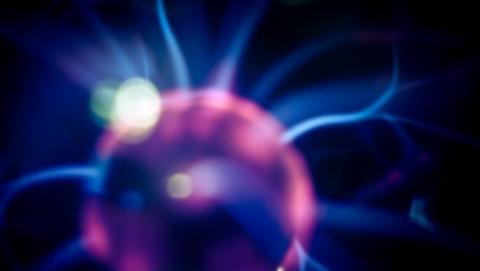
A new study being conducted by Northampton University wants your help with their new research.
The study is trying to understand more about the anomalous experiences of people with epilepsy. In previous studies on this issue, some people with epilepsy have reported experiencing déjá-vu, hallucinations, out of body experiences, the sense of a spiritual presence - amongst other unusual or irregular experiences that they associate with their epilepsy/seizures.
Often, these experiences are not discussed due to fear that their experience may be classed as being psychologically abnormal.
This new research wants to learn more about whether you have had experiences like this to help better understand your approach to them. The research has four key aims:
- Distinguish between types of epilepsy and explore if/how they give rise to different anomalous experiences
- Understand whether participants regard their experiences as spiritual, mystical or exceptional, or as a function of their condition
- Ascertain whether participants share these experiences with different people – family, friends, medical professionals – and determine which factors influence that decision to disclose
- Identify any additional anomalous experiences not listed previously
The study is seeking responses from adults with epilepsy aged 18+, is completely anonymous and is being conducted by an online survey. The survey will take approximately 30 minutes to complete, and questions can be skipped if not-applicable/if you are not willing to answer.
If you would like to share your experiences with this novel study, you can do so by completing the online survey by visiting the Northampton University website.
If you have any further questions about this research, contact Principal Investigator, Dr. Louise Spiers by emailing louise.spiers@northampton.ac.uk.
